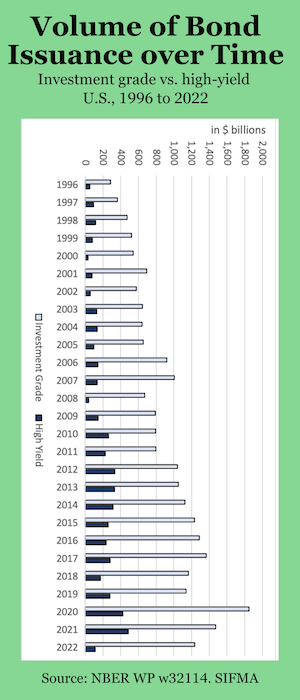Recent shifts in career timing are posing challenges for many employers in the U.S. and other developed economies, according to a Towers Watson’s 2013/2014 Global Benefit Attitudes Survey.
Older workers are retiring later, while many younger people are struggling to find work or positions that fit their skill sets. In part, older workers’ delayed retirements are blocking younger workers’ entries into the workforce and limiting their opportunities. A growing number of older employees fear that if they retire “on time,” they won’t be able to afford a comfortable retirement.
Perhaps disturbingly for employers, the trend of delayed retirement is becoming increasingly common among employees who are “disengaged, unhealthy and/or stressed,” all of which pose productivity challenges for employers. Furthermore, many of those postponing retirement and planning to retire at older ages fear they are not saving enough for a secure retirement.
Because of this, employers need “to stay on top of retirement patterns and determine whether their retirement programs are inadvertently encouraging unproductive workers to stay on the job longer,” Towers Watson recommends. Offering DB plans gives employers considerably more control over who continues to work and who retires “on time” or early. But generous defined contribution arrangements can achieve similar outcomes if employees make good choices throughout their working careers in terms of their contribution amounts and investments.
“In the end, employers should consider rewards in terms of the appropriate mix between security for all workers and incentives that reward the behaviors needed to deliver on the business strategy. Offering employees greater retirement security can prove to be a financial advantage for employers by cultivating a less stressed, healthier and more engaged workforce. Employers who can find the right mix of security and short-term incentives are in the best position to effectively manage their human capital risks/ opportunities and get the greatest value out of their programs,” Towers Watson suggests.
Towers Watson’s 2013/2014 Global Benefit Attitudes Survey is a nationally representative survey fielded in 12 countries. The U.S. survey includes 5,070 respondents employed by nongovernment organizations with 1,000 or more employees. All respondents currently participate in a DB and/or DC retirement plan. Respondents with only a DC plan include both those who contribute to the plan and those who decline to participate.
© 2014 RIJ Publishing LLC. All rights reserved.


